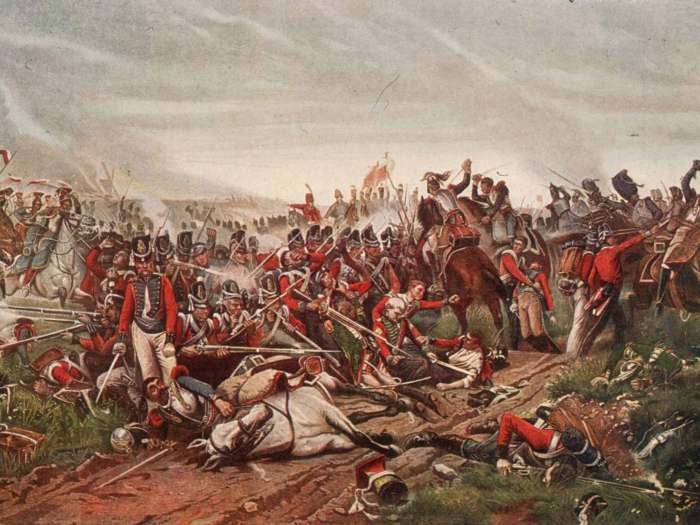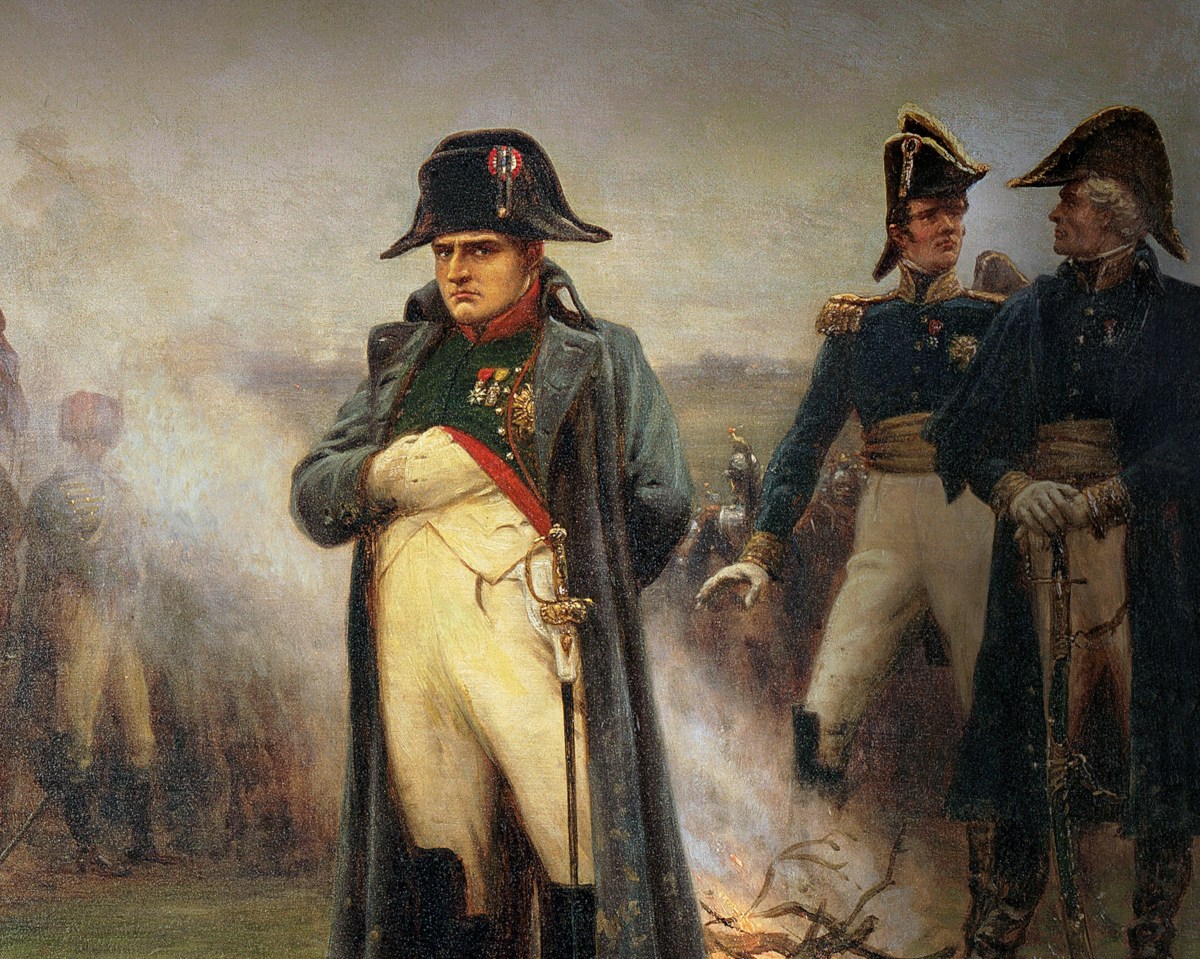What did the Bourbon Triumvirate do? This question delves into the remarkable story of three influential figures who played a pivotal role in shaping the American whiskey industry. Their contributions left an indelible mark on Kentucky’s economy and the world of spirits.
Composed of James Crow, Evan Williams, and Elijah Craig, the Bourbon Triumvirate emerged during the late 18th and early 19th centuries. Their innovations in distilling techniques, business strategies, and partnerships transformed the production and distribution of bourbon whiskey.
Overview of the Bourbon Triumvirate

The Bourbon Triumvirate was a political alliance that emerged in Spain during the early 19th century. It was composed of three powerful figures: King Ferdinand VII, his brother Don Carlos, and their uncle Don Antonio.
The Bourbon Triumvirate emerged during a period of political and economic instability in Spain. The country had been ravaged by the Napoleonic Wars, and the monarchy was struggling to regain its authority. The triumvirate sought to restore stability and order to Spain by suppressing dissent and consolidating their power.
Key Figures
- King Ferdinand VII:The reigning monarch of Spain, Ferdinand was a weak and indecisive leader who relied heavily on the support of his brothers.
- Don Carlos:Ferdinand’s younger brother, Carlos was a reactionary who opposed any attempts at reform. He aspired to succeed Ferdinand as king and was supported by a large faction of the Spanish nobility.
- Don Antonio:Ferdinand’s uncle, Antonio was a moderate who sought to find a compromise between the absolutist views of Carlos and the liberal demands of the Spanish people.
Contributions to American Whiskey Industry

The Bourbon Triumvirate played a pivotal role in shaping the American whiskey industry. Their collective contributions spanned advancements in distilling techniques, innovations in aging processes, and the establishment of standards that defined bourbon as a distinct spirit.
Innovations in Distilling Techniques
One of the most significant contributions of the Triumvirate was their experimentation with different distilling methods. Evan Williams introduced the use of copper stills, which improved the purity and flavor of the whiskey. James Crow developed the sour mash process, which involved adding a portion of leftover mash from a previous distillation to the new mash.
This technique imparted a unique sour flavor to the whiskey and enhanced its aging potential.
Aging Advancements
The Triumvirate also played a crucial role in establishing the aging process for bourbon. They recognized the importance of aging whiskey in charred oak barrels, which imparted distinct flavors and aromas to the spirit. By experimenting with different charring levels and aging durations, they developed the optimal conditions for producing high-quality bourbon.
Standardization of Bourbon
In addition to their technical innovations, the Triumvirate also contributed to the standardization of bourbon as a distinct spirit. They established a set of guidelines that defined the minimum aging period, the use of specific grains, and the production process.
These standards ensured the consistency and quality of bourbon, which helped to establish its reputation as a premium spirit.
Business Strategies and Partnerships
The Bourbon Triumvirate implemented astute business strategies to establish their dominance in the American whiskey industry. One key strategy was their focus on vertical integration, controlling all aspects of production, from grain cultivation to distribution. This allowed them to streamline operations, reduce costs, and maintain high quality standards.
Partnerships and Collaborations
The Triumvirate forged strategic partnerships with other distillers and distributors to expand their reach and influence. They collaborated with regional distilleries to acquire access to unique whiskey stocks and diversify their product offerings. Partnerships with distributors enabled them to establish a wide distribution network, reaching consumers across the country.
Marketing and Distribution Channels, What did the bourbon triumvirate do
The Bourbon Triumvirate employed innovative marketing and distribution channels to promote their brands. They invested heavily in advertising campaigns, creating memorable slogans and associating their products with luxury and sophistication. They also established exclusive distribution deals with high-end retailers and restaurants, targeting discerning consumers.
By leveraging these channels, the Triumvirate successfully built brand loyalty and established their products as premium spirits.
Impact on Kentucky’s Economy

The Bourbon Triumvirate played a pivotal role in shaping Kentucky’s economy, transforming the state into the “Bourbon Capital of the World.” Their contributions led to substantial growth and prosperity in the region.
Economic Impact
The establishment of bourbon distilleries by the triumvirate created numerous employment opportunities. They employed local workers in various capacities, including distilling, bottling, and transportation. The industry also spurred the growth of supporting businesses, such as cooperages, grain suppliers, and transportation companies.
Prosperity and Growth
The booming bourbon industry brought significant revenue to Kentucky. Taxes on bourbon production and sales generated funds for infrastructure development, education, and other public services. The influx of capital also attracted other businesses to the region, further diversifying the economy.
Reputation and Legacy
The high quality and reputation of Kentucky bourbon, fostered by the Bourbon Triumvirate, established the state as the preeminent producer of American whiskey. This reputation has endured for over a century, attracting tourists, investors, and whiskey enthusiasts from around the globe.
Kentucky’s bourbon industry remains a major economic driver, contributing billions of dollars annually to the state’s economy.
Legacy and Influence: What Did The Bourbon Triumvirate Do
The Bourbon Triumvirate left an indelible mark on the American whiskey industry, their contributions shaping the very essence of modern distilling practices.
Lasting Legacy
The Triumvirate’s unwavering dedication to quality and innovation set a benchmark for the industry. Their meticulous attention to the entire production process, from grain selection to barrel aging, established standards that continue to guide distillers today. Their unwavering commitment to using local ingredients and traditional techniques ensured the authenticity and distinctive character of Kentucky bourbon.
Modern Influence
The Triumvirate’s innovations, such as the use of column stills for continuous distillation and the introduction of charred barrels for aging, became industry norms. Their techniques for mashing, fermentation, and maturation are still widely employed, ensuring the consistency and quality of modern bourbons.
Additionally, their focus on blending different whiskeys to create complex and flavorful products laid the foundation for the modern craft distilling movement.
Roots in the Triumvirate
Numerous distilleries and brands trace their lineage directly back to the Bourbon Triumvirate. For instance, Heaven Hill Distillery, founded by Evan Williams, and Maker’s Mark Distillery, established by Bill Samuels, Sr., are direct descendants of the Triumvirate’s legacy. These distilleries continue to honor the traditions and techniques passed down from their founders, ensuring the enduring influence of the Triumvirate on the American whiskey landscape.
Commonly Asked Questions
Who were the members of the Bourbon Triumvirate?
James Crow, Evan Williams, and Elijah Craig
What were their key innovations in distilling?
Use of charred barrels, sour mash method, and standardized aging processes
How did the Triumvirate contribute to Kentucky’s economy?
Stimulated growth and prosperity through the bourbon industry, creating jobs and revenue